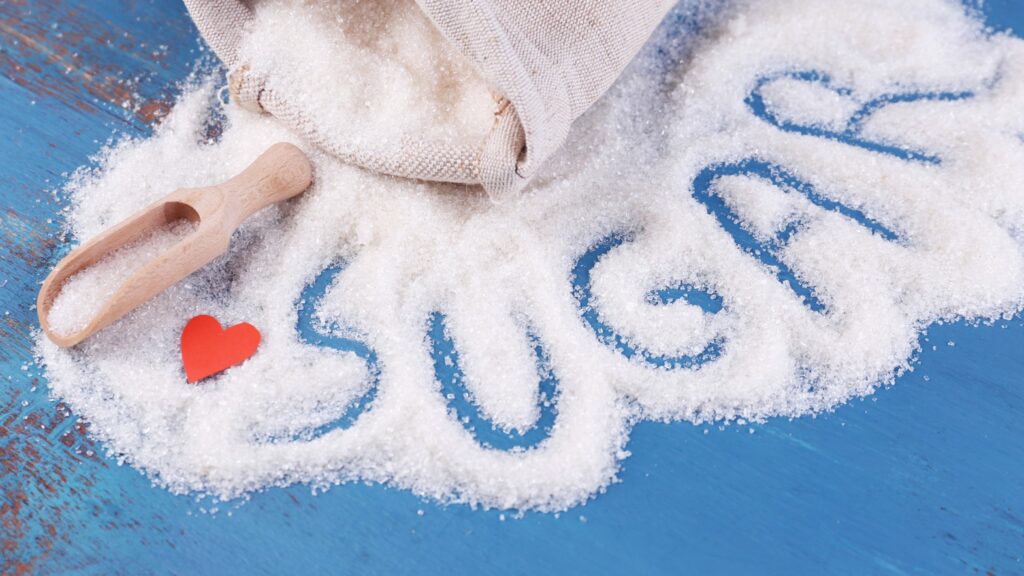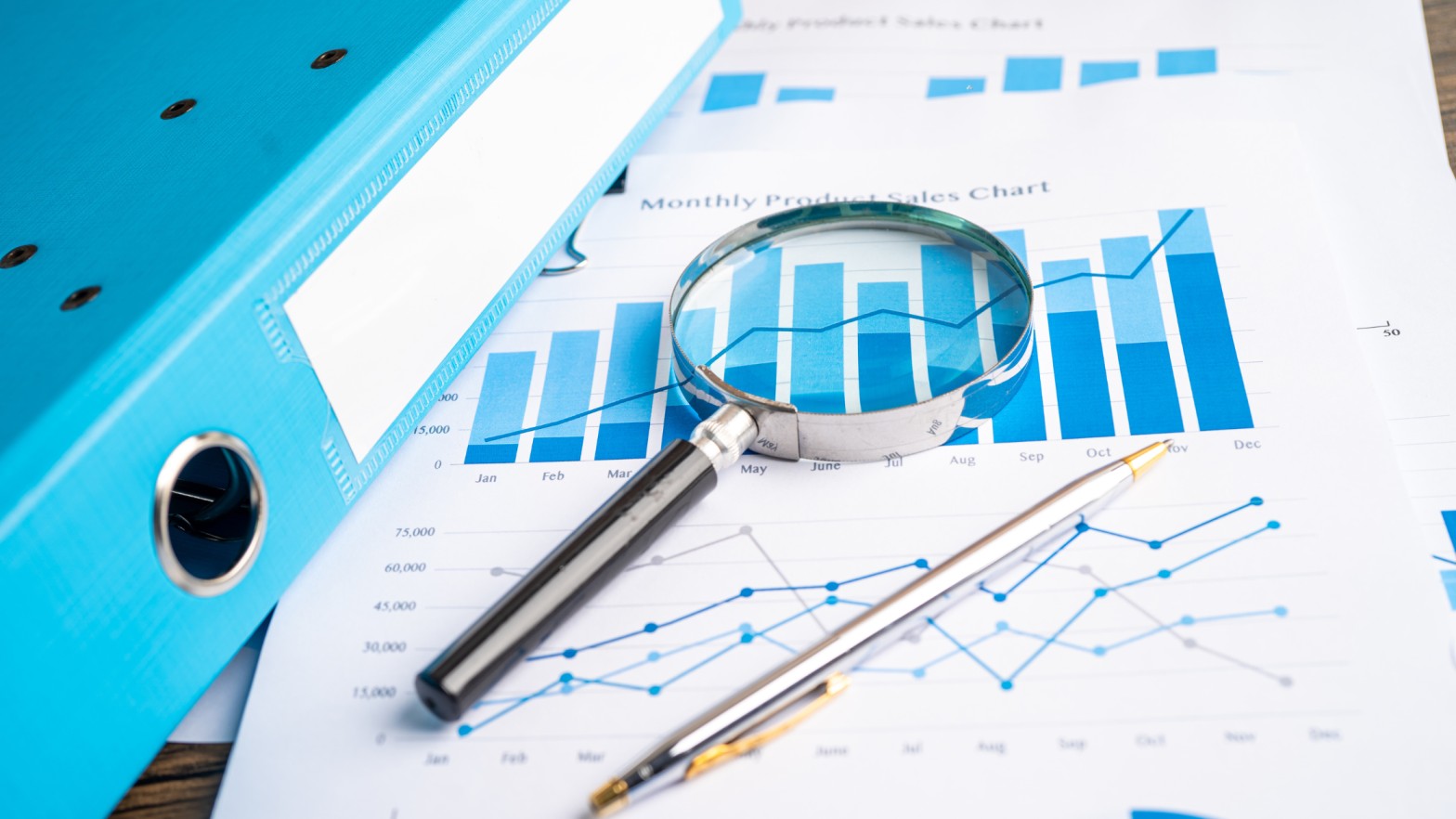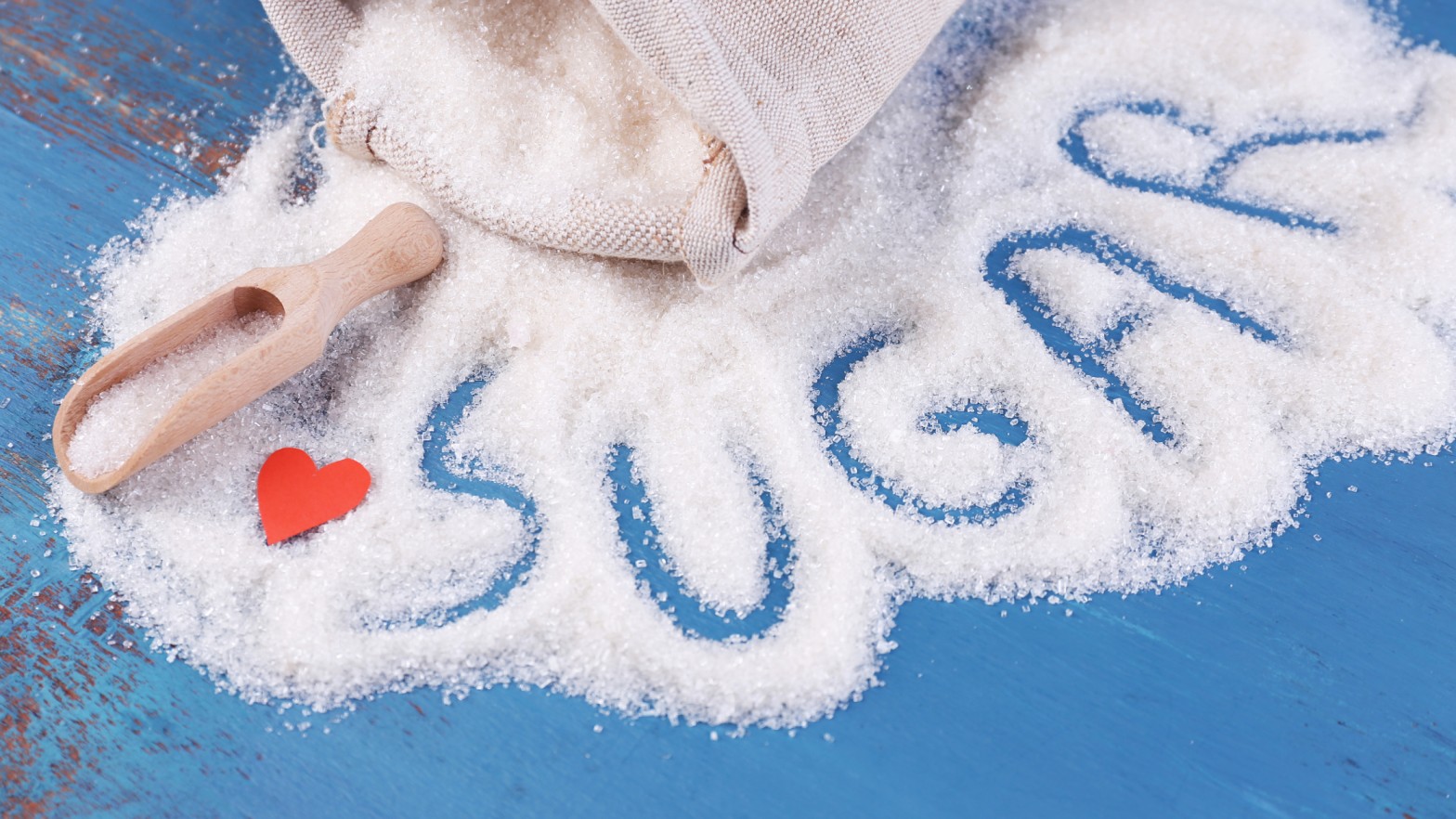- 21 10,2024
-
Sugar Prices

Sugar futures provide buyers, traders, and producers with a means of hedging against price volatility, making them an essential asset in the commodities trading industry. When you have alternative investment data, it is possible to understand the sugar futures contracts, how they differ from spot prices in commodities trading, and where to trade sugar futures.
Sugar futures contracts include a set price and quantity of sugar that will be bought or sold at a later date. The marketplaces like the Intercontinental Exchange (ICE) and the Brazilian Mercantile and Futures Exchange (BM&F Bovespa) typically do not involve the actual trading of sugar. Instead, as these futures contracts are cash-settled, you will not find any physical items. In traditional contracts, the exchange sets the quantity, quality, and delivery date. Traders primarily use these contracts to speculate on future sugar prices or as a hedge against price volatility.
The working dynamics of Sugar Futures in Commodity Trading
Sugar futures are investments used in commodity trading that let dealers, sellers, and purchasers lock in pricing for sugar transactions in the future. In a very volatile market, these contracts are utilized as a strategy for minimizing price risk and guaranteeing a price. The alternative data market helps traders to understand and assess the scope of risk and reward in sugar trading.
To guarantee a particular price for their sugar crop during harvest, a sugar producer could, for instance, offer a futures contract. Similarly, a big-pocket producer can guard against the risk of a price decline before the crop is sold. In another way, a confectionery company may purchase a sugar futures contract to lock in a purchase price ahead of time and protect themselves from future price increases that would raise their manufacturing expenses.
Difference Between Spot Prices and Futures Prices for Sugar
Spot Markets
The term “spot market” in the sugar industry describes activities in which sugar is purchased and sold for prompt delivery. The amount you pay, sometimes known as the “spot price,” is a reflection of the state of the market at the time. For instance, a sugar refiner would buy raw sugar on the spot market, where deals are usually finalized in a few days if they need a supply right away. This is the perfect market for people who need sugar immediately and want to take advantage of the current pricing as soon as possible.
Futures Markets
Inversely, the sugar futures market consists of agreements to purchase or sell a certain amount of sugar at a fixed price at a later time. The exchanges, such as the Intercontinental Exchange (ICE), have a predetermined amount, quality, and delivery date because these contracts are standardized. But, there could be situations where a big sweet firm might buy a sugar futures contract to lock in the price of the sugar they will need in a few months’ time as a hedge against future price increases. On a similar note, a sugar producer may decide to sell futures contracts in order to guarantee a selling price for their crop before it is ever produced. To obtain a more thorough grasp of the market, traders must gain a deeper awareness of different data providers..
Risks Associated with Trading Sugar Futures
There are certain risks associated with the sugar futures trading. The biggest reason that you cannot ignore is market volatility. There could be significant losses if the market goes otherwise predicted and to sustain such losses requires big funds. The other running risk is liquidity. It might be difficult to get a buyer or seller at the price you want. Last but not least, there could be a possibility that the futures contract is not closed or rolled over in time.
Interesting facts about the global sugar market
- Sugar is one of the most valuable and traded agricultural products in the world is
- It is the second most traded commodity, just behind oil
- In 2023 and 2024, the world’s sugar consumption increased to 189 million tonnes.
- About 70 million tonnes of sugar are sold globally
- Brazil and India are the world’s top producers and exporters of sugar, with Brazil producing about 41 million tonnes yearly
- India consumes maximum sugar, with 28.5 million tons consumed in 2023 and 2024

